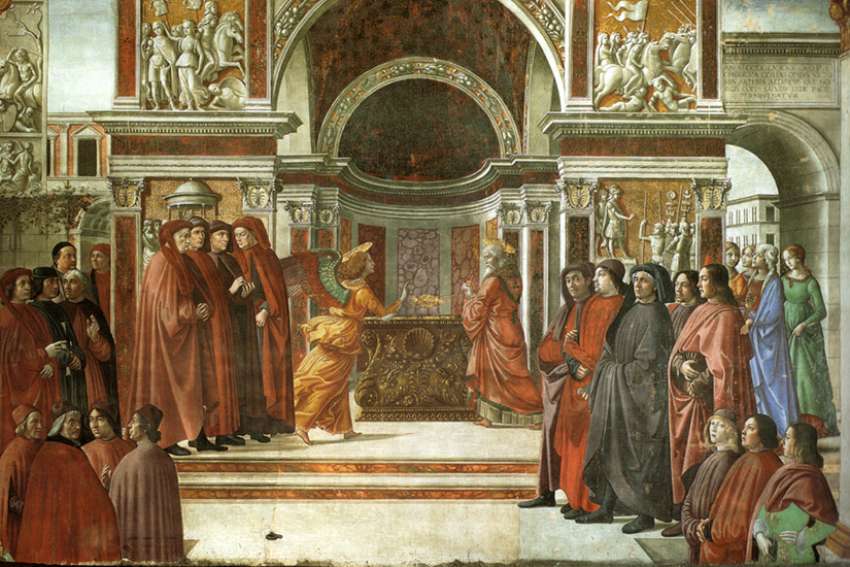Everyone enters this earthly life with a purpose and mission, some more dramatic than others. God knows every human even as they are being formed in their mother’s womb.
God carefully arranges the experiences and conditions that they will need to live out their purpose. Some are set aside for special missions, as the unknown prophet from the Book of Isaiah realized with awe-filled gratitude. This prophecy dates from the end of the exile in Babylon in the mid-sixth century BC. The prophet in question was most likely one of Isaiah’s successors or a symbolic figure. Our prophet felt that he had laboured long and hard to prophesy to the people and proclaim God’s word. He was endowed with strength, eloquence and spiritual power — and yet he felt like a failure. He remarked ruefully that he had laboured in vain.
But God was not finished with him — in fact, God had barely begun. Being a prophet and teacher to the Israelites was not enough, as important as it was. God had far bigger things in mind. The prophet’s audience would now be the entire world. The stunned prophet related that he was to be a light to the nations, so that the salvation of God could reach to the ends of the Earth. The New Testament did not invent universalism or the idea that salvation was for all peoples. It was already well-established hundreds of years before the birth of Christ.
The evolution of our consciousness of God has always been inclined to greater inclusiveness and unity, a process that continues today despite intense and fearful opposition. God is always several steps ahead of us and does not allow us to become complacent or too comfortable.
In a speech before his fellow Jews, Paul recounted the anointing of King David and the favour of God that he was granted. The point that he was driving home was that Jesus was a descendent of this great king and the long-awaited Messiah. John the Baptist’s entire mission, the purpose for which he was born, was to prepare the minds and hearts of the people to receive this Messiah. He did not view his preparatory support role to be demeaning or less important than that of Jesus. We should rejoice in whatever role we play, however insignificant it might seem to us or others, in advancing God’s plan for humanity and the world.
The Old Testament narrative flows rather seamlessly into the New Testament in so many ways. Luke’s story of the angel’s annunciation to Zechariah followed a well-established Old Testament pattern — namely, the birth of a special child to barren women and aged parents. The master story was that of the birth of Isaac to Abraham and Sarah. There were several others — the birth of Samson in the Book of Judges, as well as the birth of Samuel to Hannah in 1 Samuel chapter 1. The miraculous birth signified that the long-awaited child was special, singled out for great deeds and special status. The extraordinary nature of these births revealed that they were God’s doing and for God’s purposes.
Zechariah regretted his doubt and skepticism at the angel’s declaration that his wife would bear a son. He was struck mute until the birth of the child, who was the infant John the Baptist. Even the naming of the child foretold future greatness. They were preparing to name him Zechariah after his father, but his mother and Zechariah insisted that his name was to be John.
After he was given his name, Zechariah’s tongue was freed, and he began to praise God. The question asked by people was, “What will this child become?” A good question, for when God is involved, our imaginations are stretched to the limit and anything is possible.
The reader knows part of the answer, for following the Old Testament pattern, the Lord was with him and he became strong in spirit. John would follow in the footsteps of many of Israel’s great prophets and beyond. He was not going to conform to traditional expectations but would be prepared for the beginning of his great public ministry to Israel, with the entire world on the horizon.
God is still very much at work in our world, constantly calling holy men and women to lives of service and prophetic ministry.
God's word on Sunday: We all have a role in God’s plan
By Fr. Scott Lewis, S.JNativity of John the Baptist (Year B) June 24 (Isaiah 49:1-6; Psalm 139; Acts 13:22-26; Luke 1:57-66, 80)
Tagged under:


